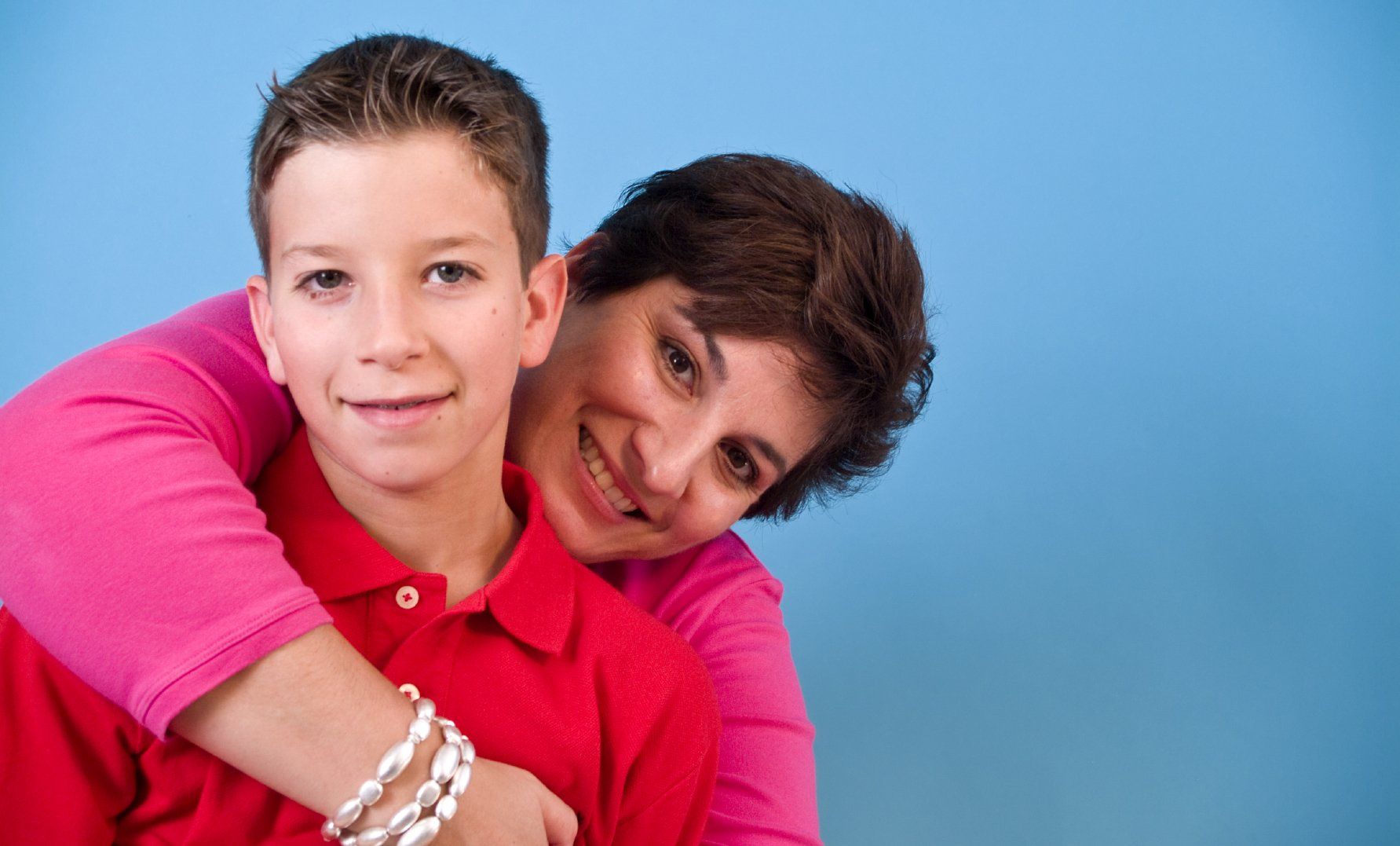What Will Happen To Your Children Without An Estate Plan?
If you have young children, then upon your death or incapacity, several things are likely to occur if you do not have an estate plan:
- A guardian must be appointed for your children. The guardian's duty is provide personal care and custody for them. Without an estate plan, your family will not be certain about who should be appointed as guardian. If so, they may have a dispute regarding the best course of action. In most cases, this dispute must be resolved in court. The court may appoint a different person as guardian than you would have selected.
- If your children are minors, then your assets must be investigated and brought under the control of a court-appointed "conservator". The conservator's duty is manage assets for your children until the age of 18. The conservator may be a family member, but if they cannot agree, the court may appoint a professional third party. This process can be costly and time-consuming.
- A proper estate plan includes both correctly drafted documents and coordination of your assets to work with those documents. Without an estate plan, Michigan law will control who receives your assets, and in what amounts. As a result, your children may not receive all of your property.
- Assets that you intend to provide care and support for minor children will be subject to
probate administration. Probate proceedings will take longer and cost more money than using a living trust (see the next section). In most cases, the amount your children will pay for probate proceedings will be much higher than the cost of setting up a living trust.
How To Protect Young Children With An Estate Plan
Every parent wants to be sure that their children are safe. However, most parents don't know how to create a legal safety net for their children if they die or become incapacitated. Life insurance and personal savings alone are not enough to ensure that young children will be properly cared for. A comprehensive estate plan is essential to provide support for children.
There are two critical parts to every estate plan for children.
Part 1: Financial Support
Financial support for children is achieved by using a trust. A trust for children is designed to create a legally enforceable relationship between a trustee, the children, and the assets owned by the trust. A trustee is appointed in a trust document which contains detailed instructions for the trustee to manage property for children until they reach an age specified by the parents. A trust is the only way for parents to create this important legal relationship.
Every Estate Plan for Children Should
Include a Trust
A trust is the only way for parents to appoint a trusted person ("trustee"), who must follow their instructions, to hold and manage the parents' property, for the benefit of their children.
Each of our estate plans for children includes at least one revocable trust (often referred to as a "living trust"). Each plan also includes detailed instructions, forms, and "how-to" guidance that a trustee needs to implement the trust without professional help. This means that a trustee can act quickly and confidently to provide financial support to the children and to their guardian.
Part 2: Personal Care and Custody
Personal care and custody of children is achieved by appointing a guardian in writing. A guardian is legally obligated to provide care and custody for children until the age of 18. The guardian receives financial resources from the trustee to care for the children.
Each of our estate plans for children includes a separate document to nominate a guardian. By using a separate document (rather than a will), a guardian can be quickly appointed by the probate court without costly and time-consuming hearings or disputes among family members.
Complete Estate Plans For Parents With Young Children
We offer four types of complete estate plans for parents with young children. Choose any type of plan to learn more about its features and benefits.
We will help you select the right estate plan for your family.
-
Basic Estate Plan for Children
- Designed for parents who want to appoint a trusted person to manage property for their children
- Lowest-cost plan designed especially for children
- Includes a will for general estate planning, and a separate living trust to manage property for children
- Probate is required to distribute non-financial assets (real estate, vehicles, etc.)
-
Basic Estate Plan for Blended Families
- Designed for couples with children from previous relationships who want to provide separate financial support for their own children
- Lower cost than a "Living Trust Plan for Blended Families"
- Includes a last will & testament for each parent, and two separate trusts for children (one for each parent's children)
- Allows parents to allocate funds for themselves, and for their respective children
- Probate is required to distribute non-financial assets (real estate, vehicles, etc.)
-
Living Trust Plan
- Designed for parents who desire to appoint a trustee to manage property for their children without probate court proceedings
- Includes a single trust to distribute and manage property for all beneficiaries
- More private and convenient than a "Basic Estate Plan"
- Probate is not required for post-death distribution of property
-
Living Trust Plan for Blended Families
- Designed for couples with children from previous relationships who want to provide separate financial support for their own children
- Includes three trusts: a "family" trust for both parents, and two separate trusts for children (one for the children of each parent)
- Allows parents to allocate assets for themselves, and for their respective children
- More private and convenient than a "Basic Estate Plan for Blended Families"
- Probate is not required for post-death distribution of property
How to Start an Estate Plan for Your Children
Quick-Start Options
© Estate Planning Law Group
Grand Rapids, Ann Arbor, and Northville
For assistance please call
(616) 361-2432 in Grand Rapids, or (734) 884-3914 in Metro Detroit
Disclaimer: The content of this website is a summary of highly complex legal topics. It is not intended to be used as a substitute for the advice of a qualified attorney. Estate Planning Law Group disclaims any liability to the reader unless an attorney-client relationship is established in writing.
These words helped your browser find us: estate attorney, estate planning attorney, probate attorney, will attorney, trust attorney




